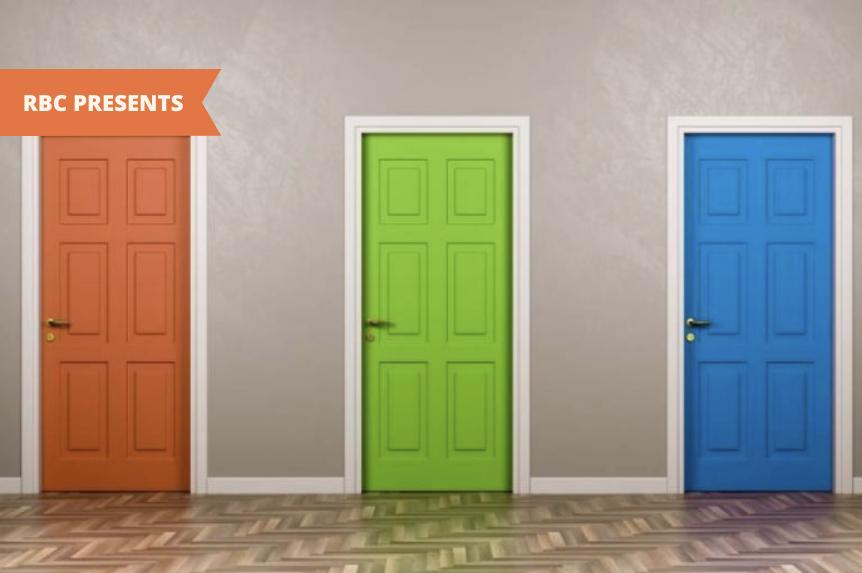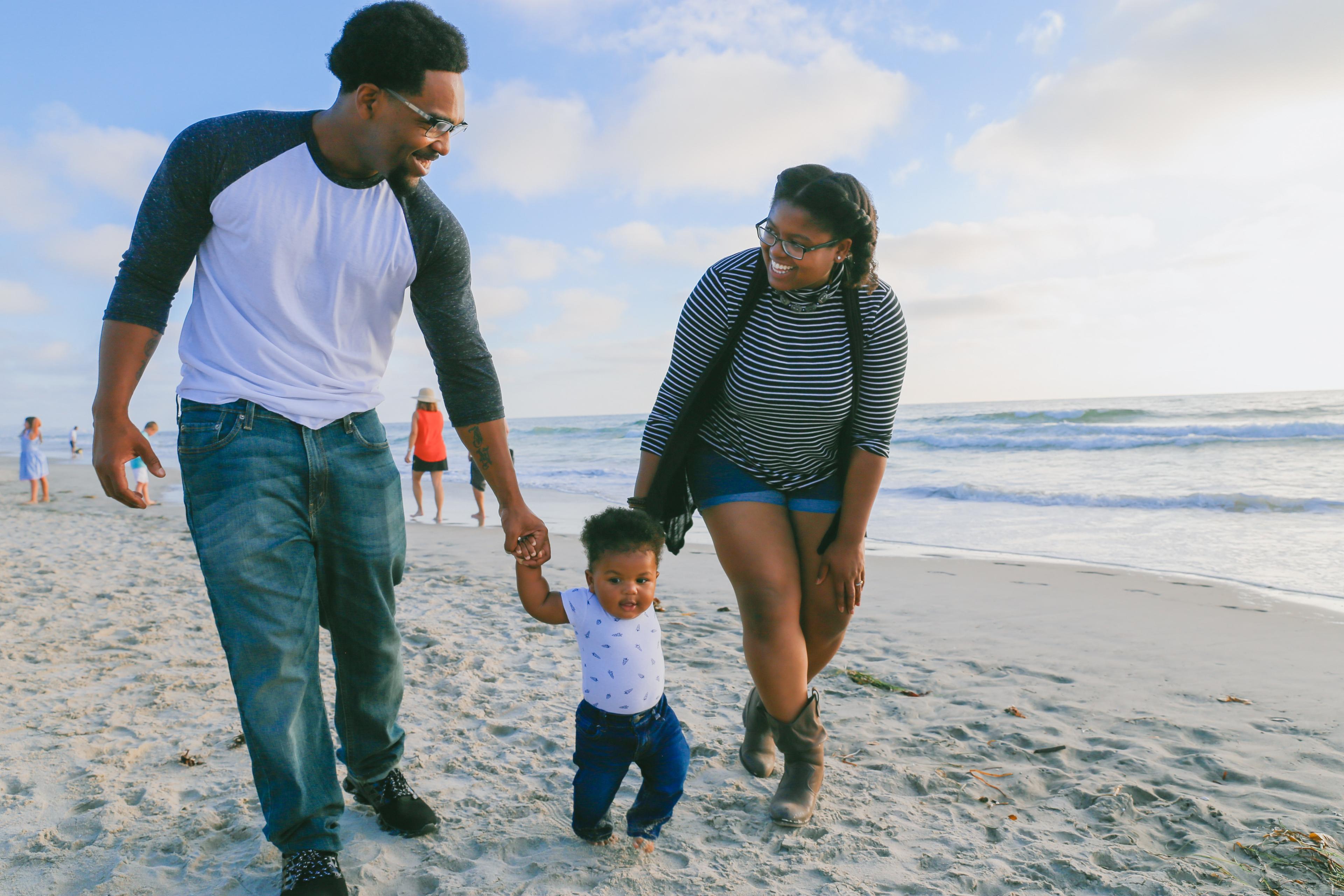The Importance Of Having An Emergency Fund

No one likes to think about a financial emergency. And because of this, most people fail to plan for one.
Just the thought of having to create an emergency fund raises many questions: How much should I have in my emergency fund? Where should I put my emergency savings? Do I need insurance? What even counts as an emergency?
Cindy Marques came back for her second Coffee With An Estate Lawyer to answer all of these questions and more. She is a certified financial planner with MakeCents (formerly Paper & Coin), a financial coaching company by millennials for millennials. She helps clients plan and budget for the future they want by filling in financial literacy gaps.
What do I need in case of an emergency?
When life happens, three important things can help support you and your loved ones through any financial hardships:
An emergency fund
Insurance
Updated Will and Power Of Attorney
Cindy also encourages people to create a forward-thinking cash-flow plan. For example, look at your income and expenses over a year, and anticipate when there will be discrepancies.
What is an emergency fund?
An emergency fund is money you have put aside to handle emergencies that may affect your expenses or income. But what counts as an emergency? Hint: it’s not a new car or upgrading your phone plan.
Emergencies are “unforeseen events and moments that have huge financial consequences,” Cindy explains. For example, job loss, injury or illness, or significant damage to your property are all emergencies. To help you through, it’s best if you have some savings stored up.
How much should I put in an emergency savings fund?
A lot of people struggle with the idea of putting money aside for something that might not happen, especially if they have more concrete financial goals like paying off debt or saving for a house. But a financial safety net can protect your ability to reach these goals even if you are hit with set-backs.
For clients carrying a lot of debt, Cindy encourages them to focus on building up at least $1000 in savings to start, and then tackling their high interest debts, like credit cards, before putting any more away in the emergency fund.
For folks with a little more financial freedom, she suggests aiming to save around six months of expenses. This includes expenses for you, your partner, your kids, and anyone else who depends on you financially.
How do you start? “The best way to do it is honestly to automate it,” Cindy says. Most banks have a range of different automatic deposit options that you can explore to automatically send money into your savings. Cindy suggests syncing these automatic deposits to your pay cycle; you are less likely to miss the money you put away if you never saw it in your checking account in the first place.
“Don’t forget to pay yourself,” she says.
Where should I keep my emergency savings?
In the age of digital banking, we are beyond shoving our rainy day fund under the mattress. According to Cindy, the best place to keep an emergency fund is in a high-interest savings account with no exposed market risk.
That can be frustrating advice for folks who want to get the most out of their investments, but when it comes to an emergency fund, you don’t want to experience a significant loss at any point. You also need to make sure the money is available as soon as you need it, not tied up in something like a GIC or RRSP where you will be penalized for withdrawals.
Do I also need insurance?
While almost everyone accepts that they need home and auto insurance, many people hesitate when it comes to life insurance, employment insurance, or business insurance.
“When it comes to protecting our own livelihoods and our families, we scrutinize every dollar because it is our choice to make,” Cindy says.
If you are hesitating, she recommends asking yourself this question: “If you’re left with no one but yourself to rely on, do your current assets support a scenario where your ability to earn an income is taken away from you for more than 6 months?” When disaster strikes, the price you paid for security will be worth it.
What else do I need in case of financial emergency?
Once you’ve put aside your savings and invested in insurance, how else can you make sure you and your loved ones are protected in the event of an emergency?
An updated Will and Power Of Attorney are the final piece of your safety net. An effective Power Of Attorney for Property means that in the event of your incapacitation, your dependents can still gain access to the funds they need. A well-chosen executor for your Will can ensure that after you die, your financial assets are distributed to your beneficiaries as quickly as possible.
These pieces of your emergency plan give your loved ones the security they need in a crisis.
In Conclusion
A good financial emergency plan requires an emergency cash fund, insurance, and an updated Will and Power Of Attorney. If you lose your income, become ill or injured, or experience significant property loss or damage, these things will provide you and your loved ones with the security you need to survive any crisis.









